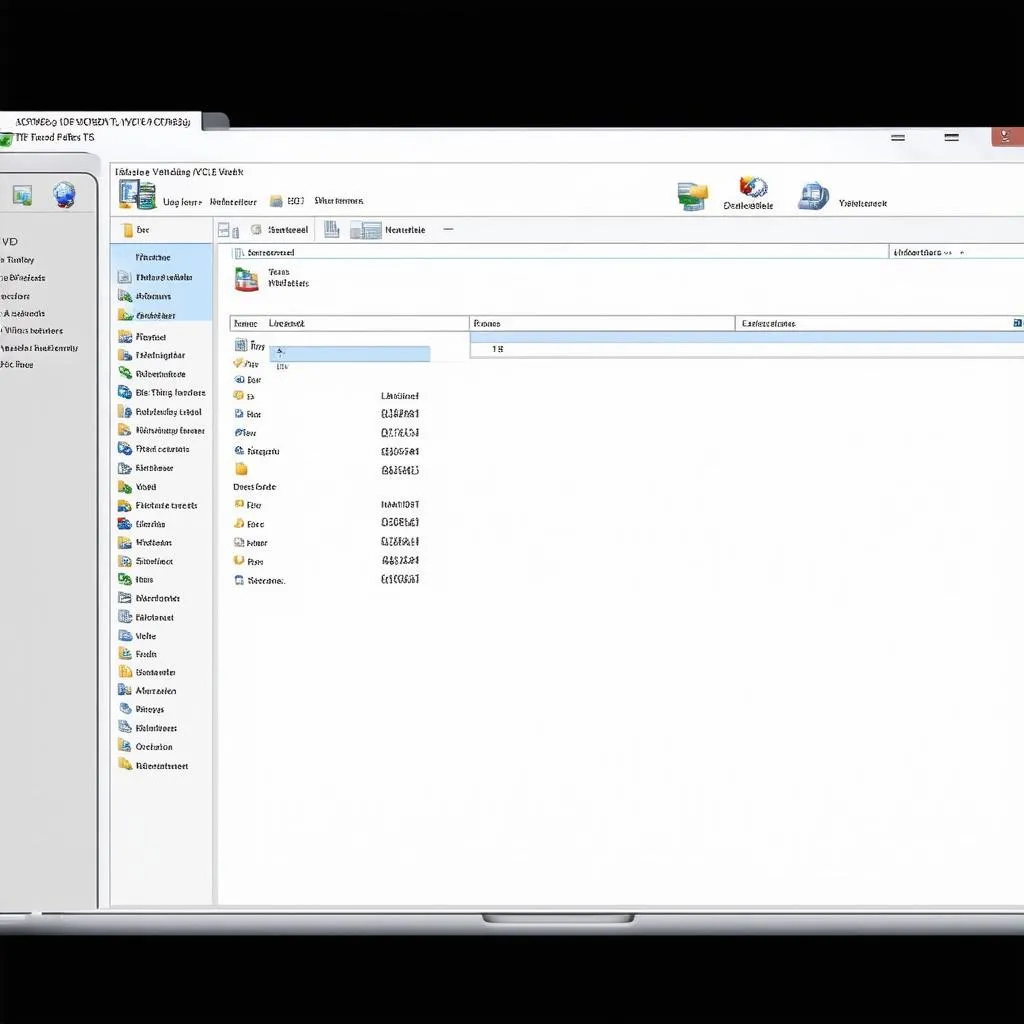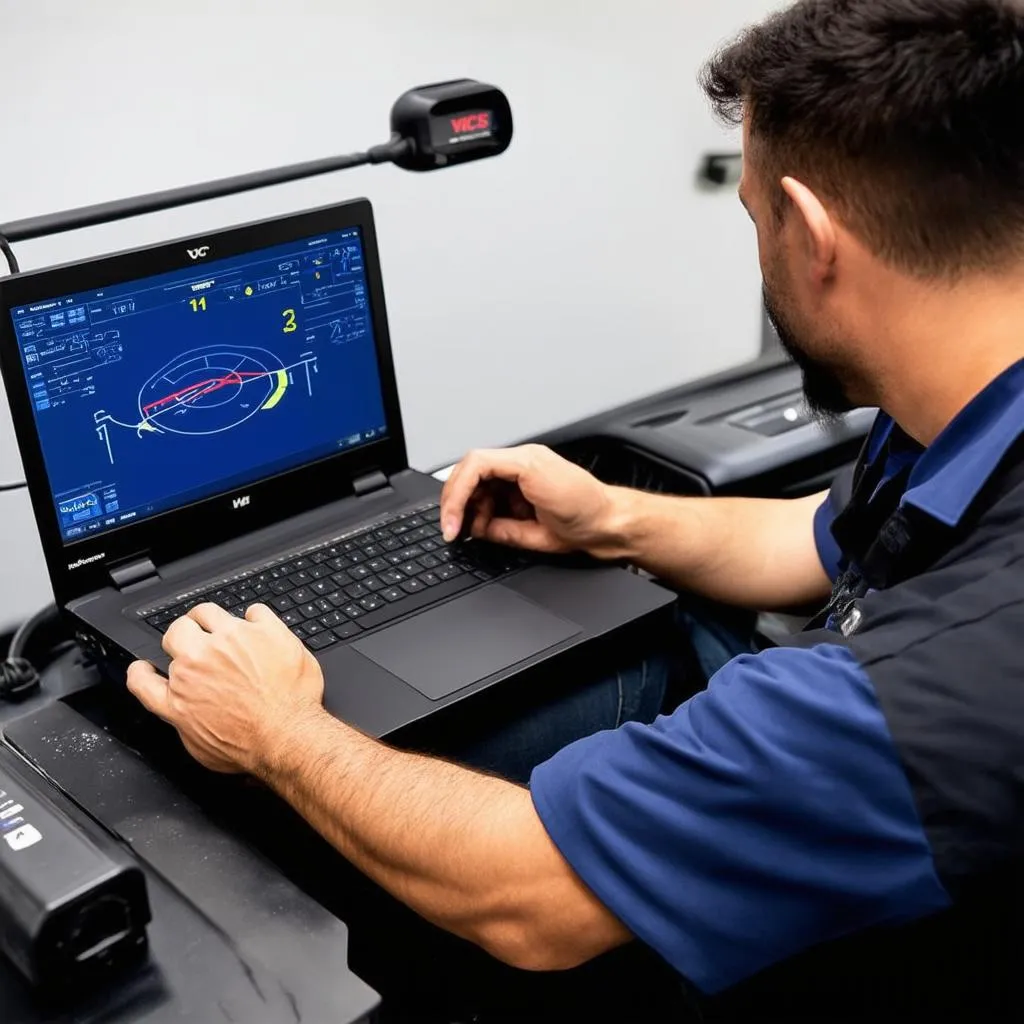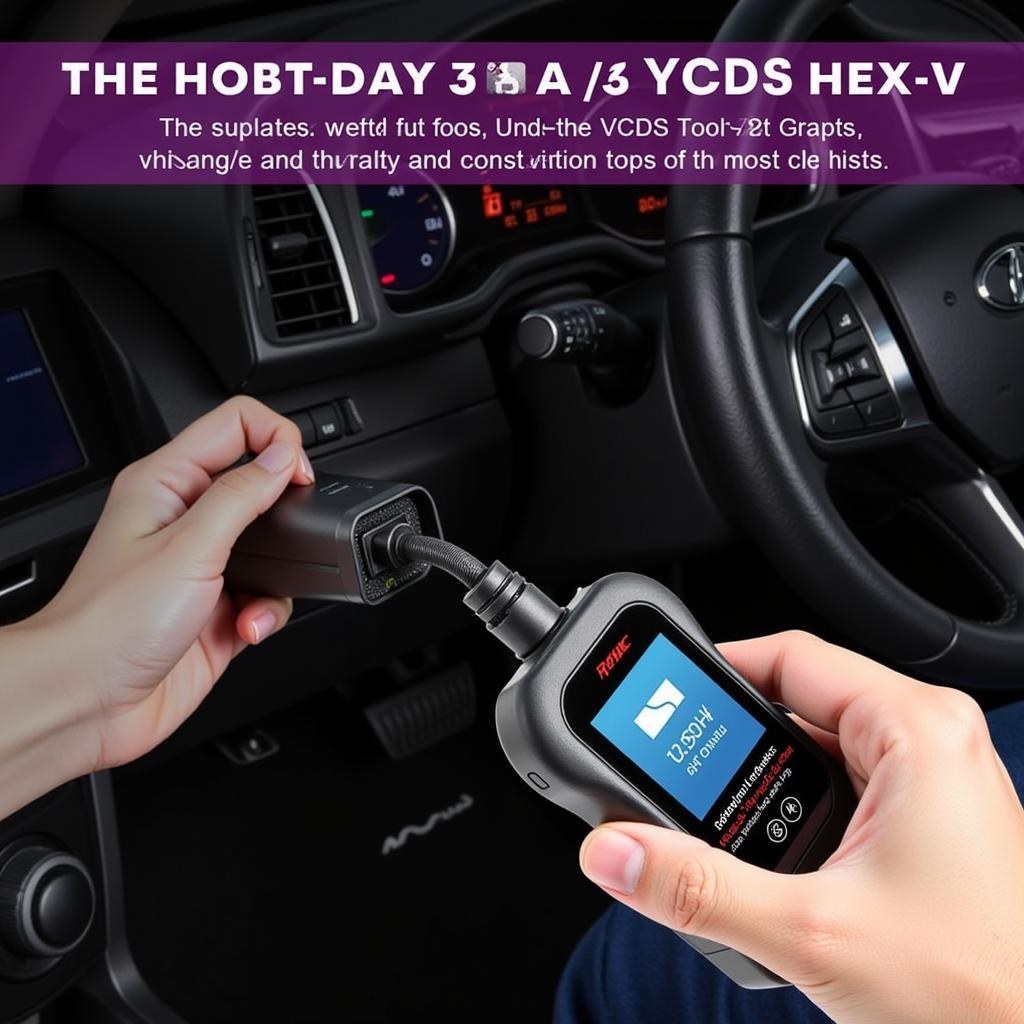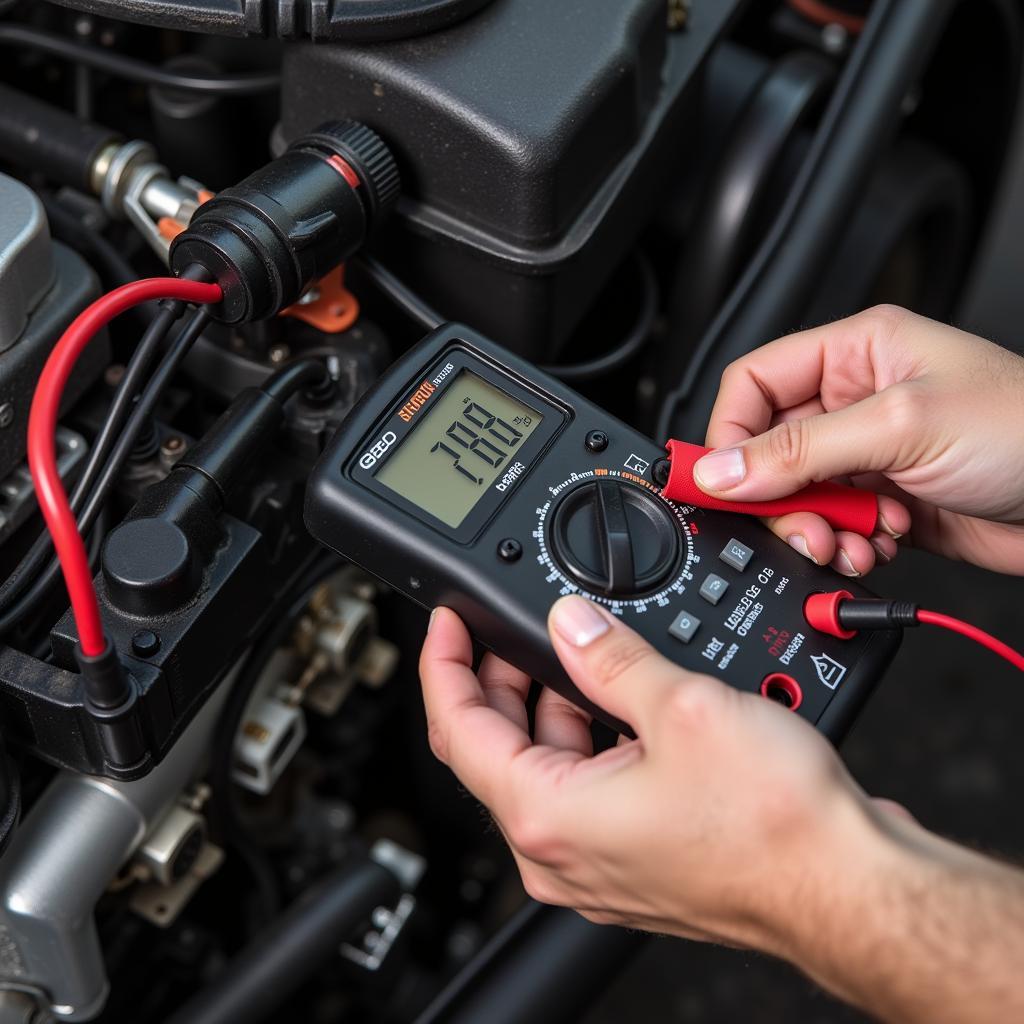Staying updated with the latest version of your diagnostic software is crucial, especially in the fast-evolving world of automotive technology. If you’re a Volkswagen Auto Group (VAG) vehicle owner or a professional mechanic, you’re likely familiar with VCDS (Vag-Com Diagnostic System), a powerful software suite developed by Ross-Tech. But what’s new in the latest VCDS version? And why should you care?
This article will delve into the latest VCDS new version, exploring its features, benefits, and why upgrading might be worth considering.
What is New in the Latest VCDS Version?
While specific features may vary depending on the exact version, recent VCDS releases have focused on expanding vehicle coverage, enhancing diagnostic capabilities, and improving user experience. Some notable additions and improvements often include:
1. Expanded Vehicle Coverage:
Each new VCDS version typically introduces support for newer VAG models and updates for existing ones. This ensures that mechanics and enthusiasts alike have access to the latest diagnostic protocols and data for a wider range of vehicles.
2. Enhanced Diagnostic Functionality:
New versions often introduce additional control modules, meaning you can access and diagnose more systems within the vehicle.
3. Improved User Interface and Experience:
Ross-Tech consistently works on refining the VCDS interface to enhance usability. Recent updates might include improvements to the software’s layout, navigation, and data presentation, making it more intuitive and efficient.
4. Bug Fixes and Performance Optimizations:
Like any software, each VCDS version undergoes rigorous testing and development to address any known bugs and improve overall performance and stability.
 VCDS Software Update
VCDS Software Update
Why Upgrade to the Newest Version?
Upgrading your VCDS software isn’t just about having the shiniest new tool; it’s about maximizing your diagnostic capabilities and staying ahead of the curve. Here’s why:
- Access to the Latest Features: Upgrading ensures you can utilize all the latest features and improvements, getting the most out of your VCDS system.
- Wider Vehicle Compatibility: As mentioned earlier, new versions typically offer expanded vehicle coverage, crucial if you’re working on or own a newer VAG model.
- Improved Accuracy and Efficiency: Updates often include refined diagnostic procedures, access to more data points, and enhanced reporting features, making your diagnostics more accurate and efficient.
- Future-Proofing Your Investment: Regular updates help “future-proof” your investment by ensuring your VCDS remains compatible with upcoming VAG models and technological advancements in the automotive industry.
FAQs about VCDS New Version:
Q: How do I know if I need to update my VCDS?
A: The easiest way is to connect your current VCDS to the internet and check for updates. The software will notify you if a new version is available.
Q: Can I still use an older VCDS version on newer cars?
A: You might be able to perform basic scans, but for full functionality and access to all systems, it’s recommended to use the latest VCDS version.
Q: How often does Ross-Tech release new VCDS versions?
A: While it varies, Ross-Tech is known for its commitment to continuous improvement and often releases updates throughout the year.
Q: What are some other resources available for learning more about VCDS?
A: You can find a wealth of information, tutorials, and FAQs on the official Ross-Tech website. Additionally, active online communities and forums dedicated to VCDS can offer valuable insights and support.
 Mechanic Using VCDS
Mechanic Using VCDS
Conclusion
In the world of automotive diagnostics, staying updated is key. The VCDS new version represents Ross-Tech’s commitment to providing users with a powerful, versatile, and up-to-date diagnostic solution. Upgrading ensures you can harness the full potential of VCDS, whether you’re a professional mechanic or a dedicated VAG enthusiast.
For a comprehensive range of automotive diagnostic tools and resources, be sure to check out CARDIAGTECH, your one-stop shop for all your car diagnostic needs.


